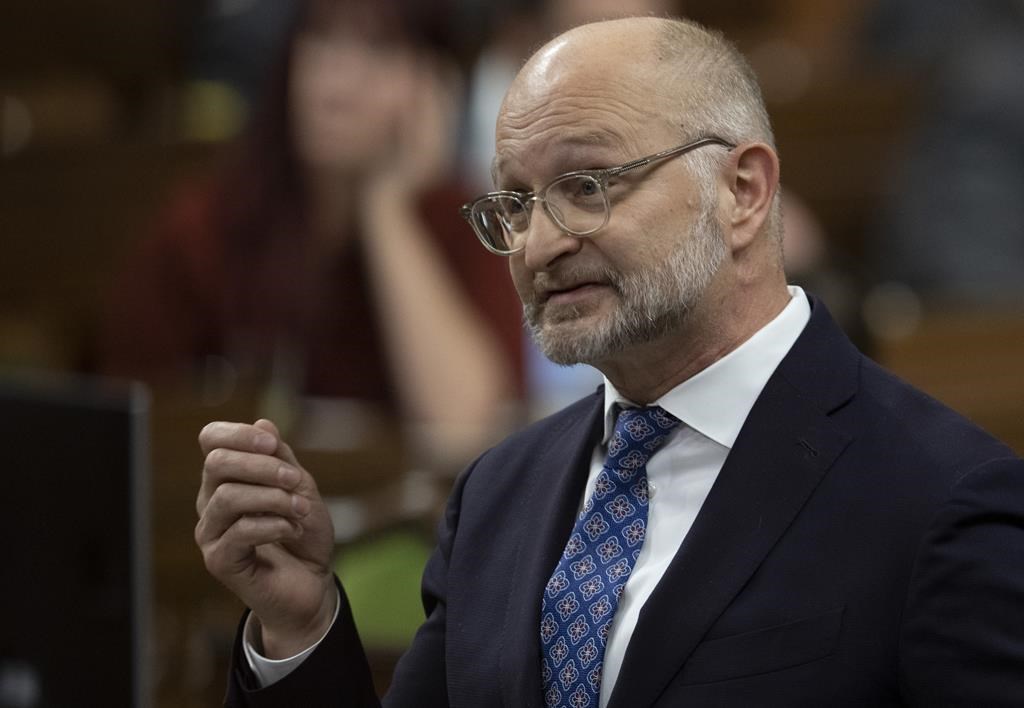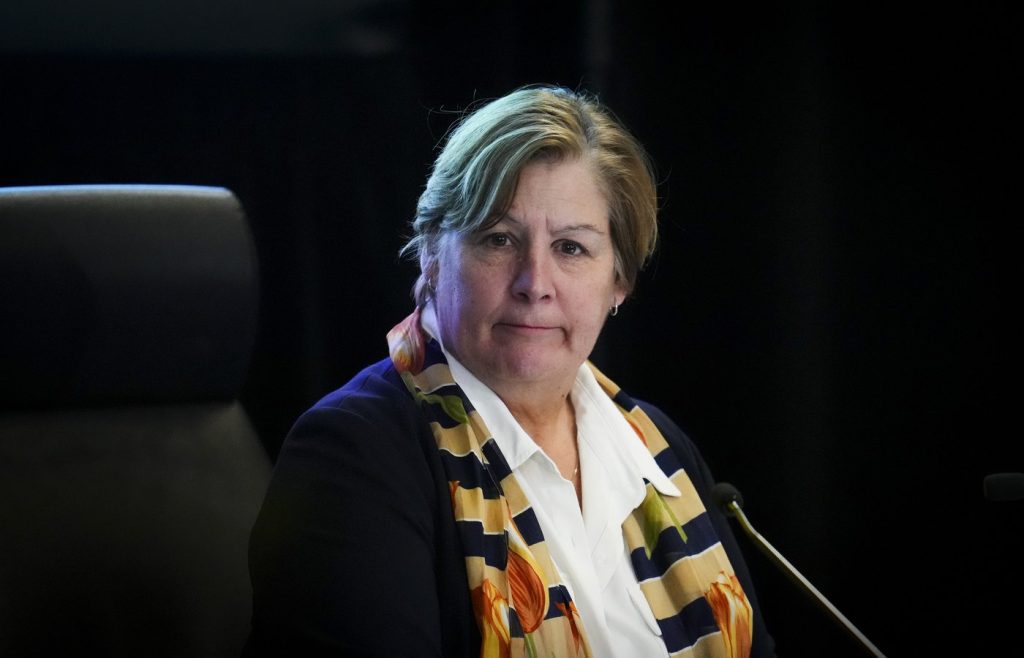Liberals set to introduce law delaying expansion of medically assisted dying regime

Posted February 1, 2023 1:09 pm.
Last Updated February 1, 2023 4:11 pm.
The federal government is expected to introduce a law as early as Thursday to delay the extension of medically assisted dying eligibility to people whose sole condition is a mental disorder.
Justice Minister David Lametti announced in December that Ottawa intended to seek the delay after hearing concerns the health-care system might not be prepared for an expanded regime.
On Wednesday, he did not offer a timeline on the length of the delay.
“I can’t answer that, because that’s precisely what the bill will be about,” he said. “My parliamentary colleagues have a right to hear that first.”
The government gave notice to the House of Commons on Tuesday that a bill on medical assistance in dying was on the way, which means that a bill can be tabled on Thursday at the earliest.
An update to assisted dying law that passed in 2021 created a two-year clock that delayed the extension of eligibility to those whose sole condition is a mental disorder. The clock runs out in mid-March.
Because those terms were written into the law, a legislative amendment is required to change the timeline, and Lametti has said that he expects there will be agreement from other parties and senators to make that happen in the short timeframe available to Parliament.
RELATED:
- Ethics of medically-assisted death questioned as some turn to it as an alternative to poverty
- Exploring Medical Assistance in Death in Canada
The Liberal government had not originally planned for the law to extend assisted dying eligibility to people whose sole underlying condition is a mental disorder.
But it approved a Senate amendment to do so, after senators argued that excluding people with mental illness would conflict with their Charter right to equal treatment under the law.
Some of the Liberals’ political opponents are saying that delaying the change is proof that it was a bad idea in the first place.
Conservatives have argued that offering assisted dying to people with mental illness could lead to preventable deaths, since unlike with physical ailments, it is more difficult for health-care professionals to tell when a mental-health problem is past the point of treatment.
Conservative MP Michael Cooper said Wednesday that the government’s decision to seek a delay underscores its “reckless approach” to expanding the regime. He suggested that Liberals should scrap the expansion entirely.
“It should never have come to this,” he said. “The reason we’re introducing legislation at the 11th hour now is because they ignored experts all along, who said this cannot be done safely at this time.”
An expert panel on medical assistance in dying and mental illness that the government convened to explore the issue concluded last May that further delay would not be necessary.
It found that existing eligibility criteria and safeguards were adequate “so long as those are interpreted appropriately to take into consideration the specificity of mental disorders.”
Rose Carter, a lawyer who served as the vice-chair of that expert panel, said she is not troubled by the delay and expects to see consultations with advocacy groups, provinces and health care organizations take place during that time.
She said it’s important that the roles of different health-care sectors are “clearly understood” when the expansion does happen. “I would like to see if the various bodies really continue to work, as I know a lot of them have to come to some unity across Canada,” she said. “I would hope that the government would keep their chin to the wheel and stay focused on this and push through.”
Medically assisted dying is administered under Criminal Code laws, which are a matter of federal jurisdiction. But the practice is delivered by provincial health-care systems with funding from Ottawa.
That federal-provincial relationship adds a layer of complexity to introducing the expansion.
“Doctors practicing in Ontario would expect to be treated the same as doctors practicing in Newfoundland or Nunavik,” Carter said. “So there’s got to be continuity in that way, and that that’s really important.”
Although provinces do not have jurisdiction over whether or not assisted dying is legal, not all of them have signalled that they are on board with the coming changes.
Alberta Premier Danielle Smith’s office has said that the province objects to the extension of eligibility to people whose sole condition is a mental illness, and Ottawa shouldn’t move forward “without agreement” from Alberta.
Those comments come as Canada’s premiers prepare to meet with Prime Minister Justin Trudeau in Ottawa next week about federal health-care transfers.








